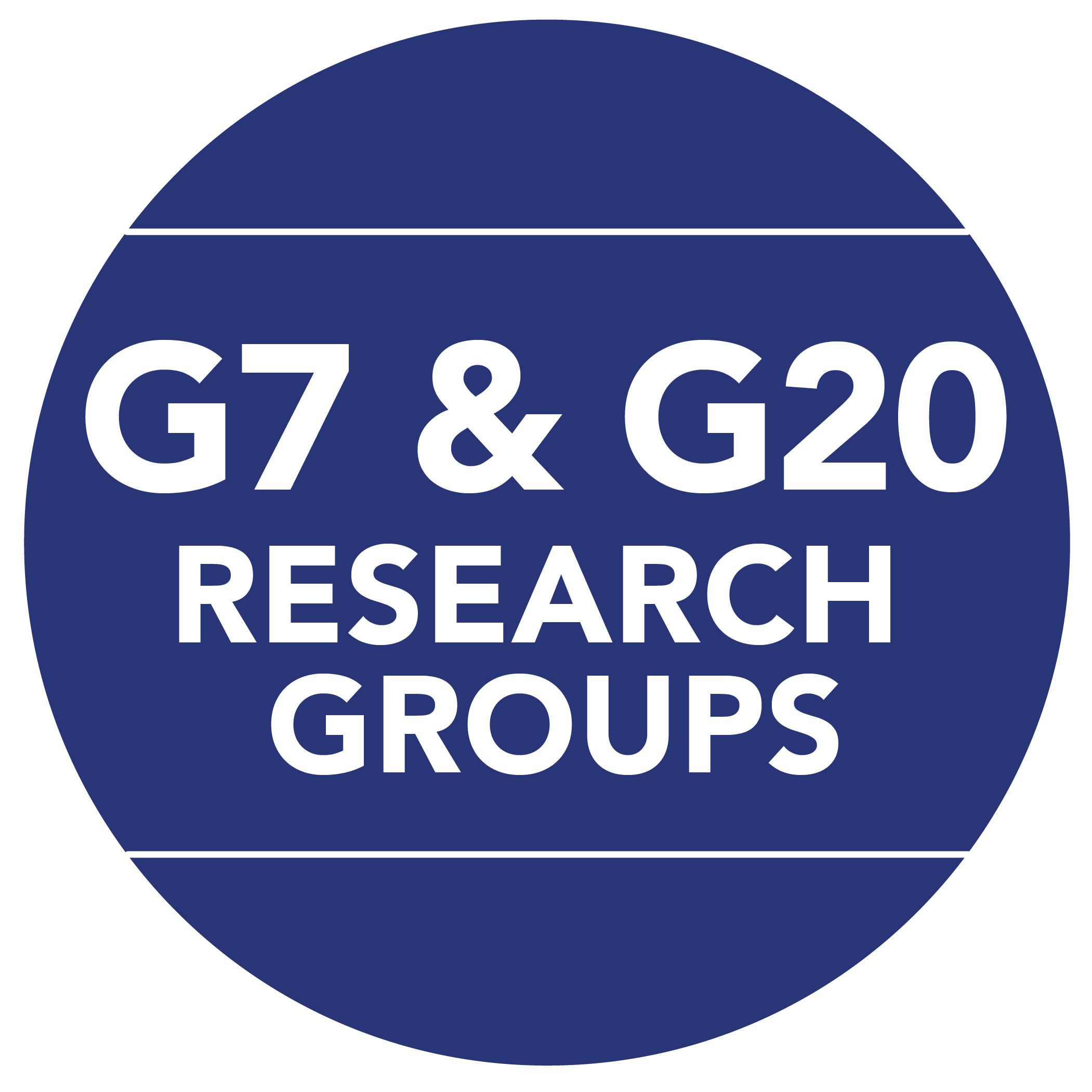

 |
 |
|
A Focus on Sustainable Growth But No Mention of Tourism's Potential
Annie Beaulieu, Director, Australia Regional Office, G20 Research Group
July 8, 2016
In her opening statement at the Hamburg Summit on July 7, 2017, German chancellor and host Angela Merkel stressed the need to drive "sustainable growth to meet human needs within the planet boundaries". She thus made a strong connection to the United Nations Sustainable Development Goals (SDGs) and climate change agenda in her agenda for the summit. Traditionally, G20 summits focus on issues relating to global economic growth, international trade and financial market regulation. More recently, as other issues of global significance closely linked to economic questions arose, leaders began including them in their discussions, such as climate change, counterterrorism, development policy, labour market and employment policy, and the spread of digital technology.
Yet tourism is not one of these topics. There is no mention of tourism in either the G20 or the G7 communiqués, despite the fact that 2017 was declared the International Year of Sustainable Tourism for Development by the UN and is increasingly recognized as an engine for inclusive growth and sustainable economic development.
One of the largest and fastest-growing socioeconomic sectors, tourism is growing at a rate of 4.4 percent annually in emerging economies, compared to 2.2% in advanced economies. It can stimulate economic growth, create decent jobs and business opportunities, and help millions of people escape poverty through entrepreneurship. It can improve people's livelihoods, particularly benefiting youth, women, indigenous and disadvantaged or marginalized communities. Indeed, this impact has made tourism a target in three SDGs: the one on decent work, the one on sustainable consumption and production, and the one on water conservation.
With the right policies in place, tourism can contribute to gender equality, the preservation of ecosystems and biodiversity, and the protection of natural and cultural heritage. It offers solutions to many other pressing challenges facing the world today, especially in emerging economies. Inclusive and participatory tourism can spur dialogue, foster cross-cultural understanding and support building mutual respect and a more tolerant and peaceful society. It therefore has an impact on most of the other SDGs.
This enormous opportunity is also highlighted in the Economic Development in Africa Report 2017: Tourism for Transformative and Inclusive Growth , published by the UN Conference on Trade and Development (UNCTAD) on the eve of the Hamburg Summit. It reveals that the average total contribution of tourism to gross domestic product (GDP) in Africa increased from $69 billion in 1995–1998 to $166 billion in 2011–2014 — from 6.8 percent of GDP to 8.5 percent. Furthermore, tourism generated more than 21 million jobs on average in 2011–2014, which translates into 7.1 percent of all jobs in Africa. Between 2011 and 2014, the tourism industry supported one of every 14 jobs.
G20 commitments could and should include tourism targets. They could be easily implemented and measured to demonstrate real progress for a better world. As Christine Lagarde, managing director of the International Monetary Fund, recently said, "the answer to the reality of our interconnected world is not fragmentation. It is cooperation."
Leaders need to work across sectors and think about long-term systemic change, but act now with a sense of urgency. To achieve sufficient progress at the scale and pace required, a pioneering form of collaboration with a high-performance public-private partnership should take precedence over competition and protectionist to unleash relevant innovation and drive sustainable socioeconomic development successfully.
 Annie Beaulieu, MBA, is director of the Australian office of the G20 Research Group, a Global Advisory Board member of the World Tourism Forum, and founder and CEO of Freeedom, a global collective impact initiative bringing partners together to leverage tourism to achieve the Sustainable Development Goals. Freeedom supports entrepreneurs and micro, small and medium enterprises to connect with travellers seeking authentic experiences with a positive social, cultural and environmental impact. Freeedom was a finalist for the 2015 United Nations World Tourism Organization Ulysses Award for Innovation in Research and Technology and received the World Tourism Forum Lucerne's Start-up Innovation Award. Annie has been a delegate to the G20 Young Entrepreneurs’ Alliance summits and is actively involved with the Committee of Economic Development of Australia (CEDA). She is a fellow of the School for Social Entrepreneurs and the UN program "Designing for Social Innovation and Leadership." See her LinkedIn profile for more information.
Annie Beaulieu, MBA, is director of the Australian office of the G20 Research Group, a Global Advisory Board member of the World Tourism Forum, and founder and CEO of Freeedom, a global collective impact initiative bringing partners together to leverage tourism to achieve the Sustainable Development Goals. Freeedom supports entrepreneurs and micro, small and medium enterprises to connect with travellers seeking authentic experiences with a positive social, cultural and environmental impact. Freeedom was a finalist for the 2015 United Nations World Tourism Organization Ulysses Award for Innovation in Research and Technology and received the World Tourism Forum Lucerne's Start-up Innovation Award. Annie has been a delegate to the G20 Young Entrepreneurs’ Alliance summits and is actively involved with the Committee of Economic Development of Australia (CEDA). She is a fellow of the School for Social Entrepreneurs and the UN program "Designing for Social Innovation and Leadership." See her LinkedIn profile for more information.
|
This Information System is provided by the University of Toronto Library |
All contents copyright © 2024. University of Toronto unless otherwise stated. All rights reserved.